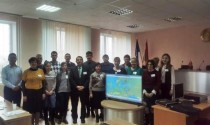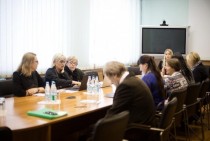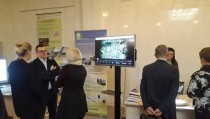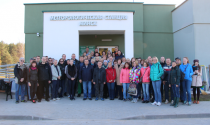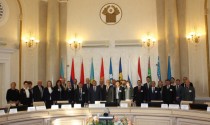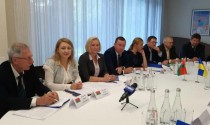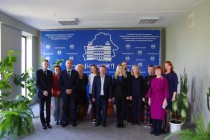Main
/
Блок 3 в 1
Specialized sites
Informational resources
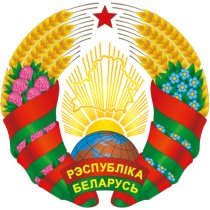 State Symbols of the Republic of Belarus
State Symbols of the Republic of Belarus
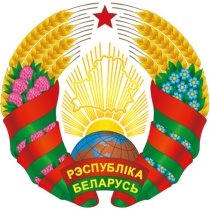 The National Legal Internet Portal of the Republic of Belarus
The National Legal Internet Portal of the Republic of Belarus
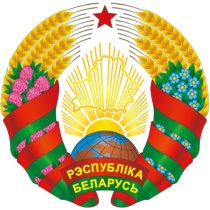 The Ministry of Natural Resources and Environmental Protection of the Republic of Belarus
The Ministry of Natural Resources and Environmental Protection of the Republic of Belarus
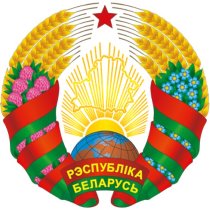 The Official Internet Portal of the President of the Republic of Belarus
The Official Internet Portal of the President of the Republic of Belarus
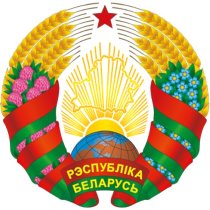 The Portal for Rating Assessment of the Quality of Services Provided by Organizations in the Republic of Belarus
The Portal for Rating Assessment of the Quality of Services Provided by Organizations in the Republic of Belarus
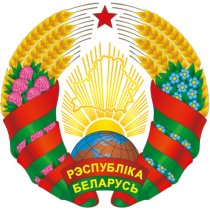 The CIS Interstate Council for Hydrometeorology (CIS ICH)
The CIS Interstate Council for Hydrometeorology (CIS ICH)
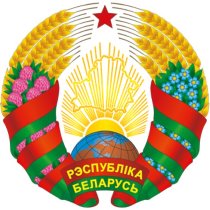 Information Analysis Portal of the Union State
Information Analysis Portal of the Union State
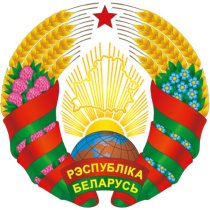 The Union State Committee on Hydrometeorology and Environmental Contamination Monitoring
The Union State Committee on Hydrometeorology and Environmental Contamination Monitoring
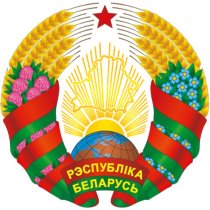 The Internet Portal "The Youth of Belarus"
The Internet Portal "The Youth of Belarus"








